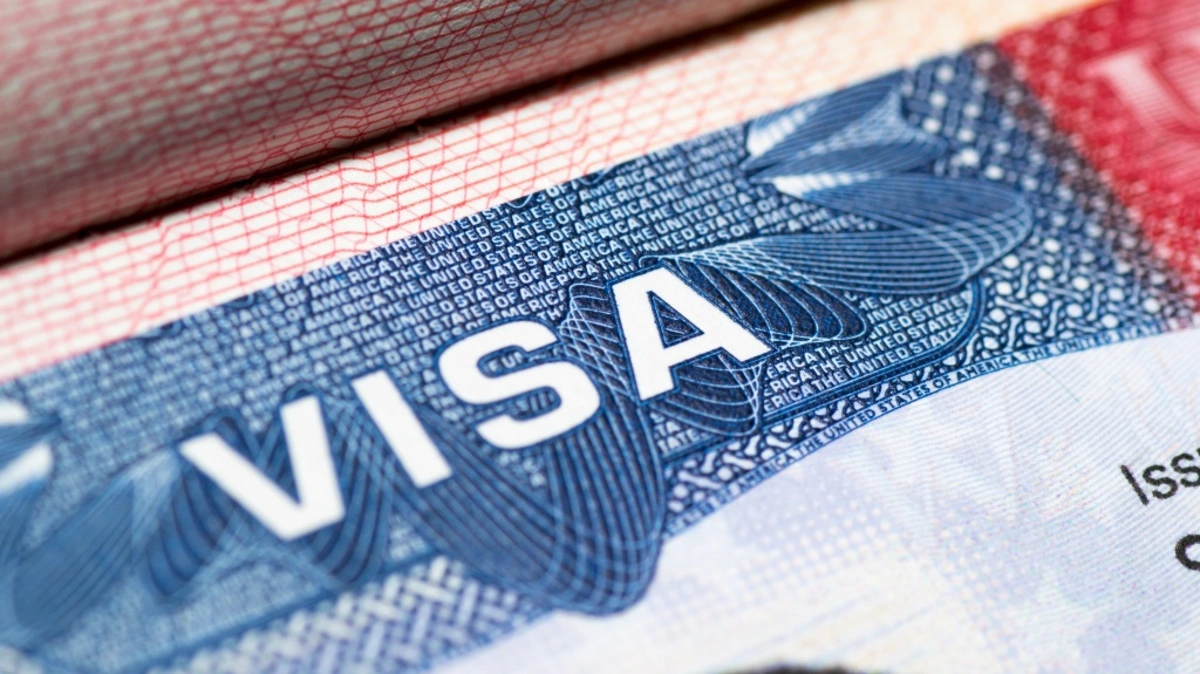Brussels prepares tighter visa rules for third countries over migration
- 10 October, 2025
- 16:46

Brussels is preparing tougher measures for uncooperative third countries by tightening the conditions for granting and reviewing visa exemptions, according to a Commission note seen by Euractiv, Report informs.
The text, circulated to member states, sets out a plan for a "modern and fit-for-purpose visa policy" that will make it easier for talent to come to Europe, and harder for uncooperative partners to do so.
The dual approach in the upcoming EU visa strategy reflects a wider ambition of von der Leyen's second term: to use internal policy tools to advance the EU's geopolitical aims.
Under the proposal, the EU would review visa-free exemptions every three years, or sooner if "extraordinary circumstances" arise, and be able to suspend or withdraw exemptions through a faster and more flexible process than the current system.
Brussels would also be able to impose targeted visa restrictions against countries with "severely deteriorated relations with the EU," including officials' travel bans or the suspension of all non-essential visas.
That would be paired with a tougher use of Article 25a of the Visa Code, which links visa issuance to how closely third countries cooperate with the EU on readmission and migration management.
The Commission note also suggests "recalibrating" this rule to allow partial or full suspension of visas for certain categories of travellers – like diplomatic passports and all short-stay applications – if a third country refuses to take back its nationals. The same idea could apply to long-stay visas and residence permits.
At the same time, the plan wants to make the EU more attractive to researchers, start-up founders, and highly skilled workers, citing persistent labour shortages and encourage innovation.
It calls for a recommendation to EU countries to simplify long-stay visa and residence permit procedures for these workers, as well as solidify their rights.
The strategy would also give EU funding to assist consulates in processing applications from skilled workers and students, and open the door to 10-year multiple-entry Schengen visas for "bona fide" travellers to help businesses.
The note does not provide the amount that would be given for this initiative.
To make the policy work in practice, the Commission is proposing a structural shake-up: the creation of an EU visa support office within Frontex, the EU's border agency. The new unit would train consular officers, and even send extra temporary staff to help overburdened consulates during peak seasons.
The strategy also calls for greater oversight of the private companies that handle visa applications on behalf of EU countries, as well as a first-ever EU-wide study on outsourcing practices, a politically sensitive topic following scandals over external service providers.
The European Parliament and Council will have their say once the EU visa strategy is formally presented later this year.
